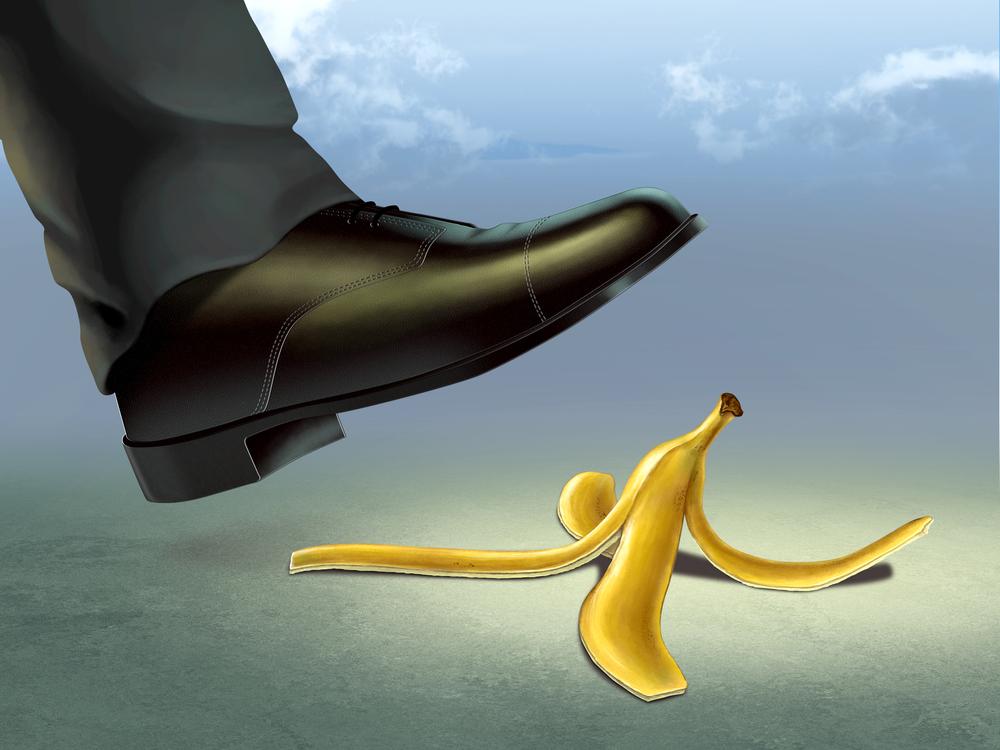
Inexperienced Player Mistakes
The World Youth Championship that took place in Greece last month was a great showcase of the best young chess players from all around the world.
It also demonstrated the typical mistakes many young players make. While today we are going to analyze a game played by kids, I think this article could be instructive for any adult chess player rated below 1500 USCF.
The first round of any big Swiss tournament always starts with mismatches. The following game was not an exception: the rating difference of the opponents was over 700 points! Georgi Gelashvili from Georgia (1543 FIDE) played against Javokhir Sindarov from Uzbekistan (2299 FIDE).
The game might look unremarkable: the rating favorite convincingly beat the underdog, yet it is very instructive. Javokhir Sindarov took advantage of his opponent's mistakes using the classical style typical for many players from Uzbekistan. (I know what I am talking about, since I am a product of Uzbek school of chess myself.)
I still remember the shock of the chess world in 1992 when the team of virtually unknown Uzbekistan came second in the Chess Olympiad in Manila behind only Russia led by Kasparov.

Kasparov winning the world junior championship in 1980 (via Wikipedia).
While most of our competitors were all-GM teams, we had only one grandmaster in our whole team of six players!
Today I see the new crop of talents growing in Uzbekistan: Nodirbek Abdusattorov, Shamsiddin Vokhidov, Javokhir Sindarov, etc. So, when the chess team of Uzbekistan stuns the chess world again in the future, don't be surprised!
Now, let the game begin:
I can almost hear your gasp: "Greg, are you insane to call 1.c4 a mistake?" Well, believe me I know what the English Opening is. As a matter of fact, I opened my games exactly this way for the biggest part of my chess career.
Moreover, all my White games in the above-mentioned Chess Olympiad in Manila '92 where I got my GM title started exactly this way. And yet, this is not an appropriate way to open a game for a not very experienced player. (Since Georgi Gelashvili played in the section under 10 years old, I took the liberty to call him an inexperienced player.)
I hate to see when very young chess players start their games with some highly sophisticated openings like Reti, English, Gruenfeld, etc. They like to say something like "I am a positional player like Kramnik who played 1.Nf3 for many years."
But check the games of Kramnik (or any so-called "positional" chess player) in a database. Kramnik didn't start playing 1.Nf3 until he was already a very strong master! A young chess player must first learn how to grab the center with his pawns, develop his pieces to their best places, seize the initiative and conduct an attack! And the best way to learn how to do it is to play the classical openings that start with 1.e4 or 1.d4.
Therefore, I think White has already made the first mistake in this game!
White continues ignoring the classical rules of chess and allows Black to get the advantage in the center. Moves like 4.Nc3 or 4.d4 or even 4.d3 were better.
Black is already in firm control of the center. I bet many of you already see some similarities between this position and the following famous game:
It shouldn't come as a surprise that both games turned out to be total opening catastrophes for White!
Unlike White, Black consistently grabs more and more space in the center! Here Sindarov played a bunch of strong moves that pretty much sealed the game. The simplicity and sheer power of Black's play remind me of some Alekhine's games. Can you play this position like Javokhir?
The rest of the game is not very interesting as Black's material and positional advantage is huge.
I think the lesson here is pretty simple: before anything else, you need to learn the classical principles of the openings (center, development, king safety, etc.).
Only when you are very proficient in this basic stuff can you start upgrading your opening repertoire with some complex modern lines -- where sometimes you have to break the above-mentioned rules!






